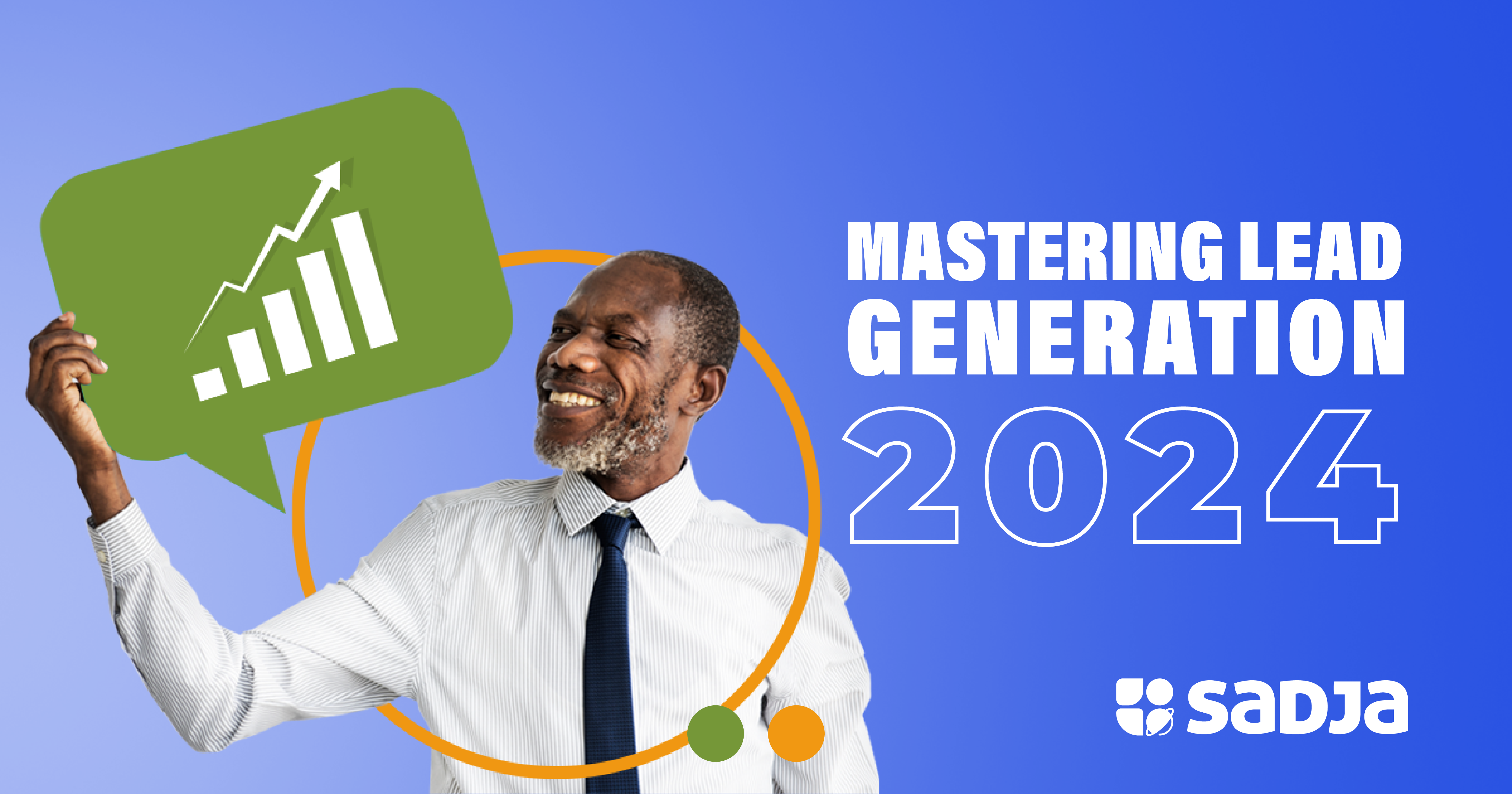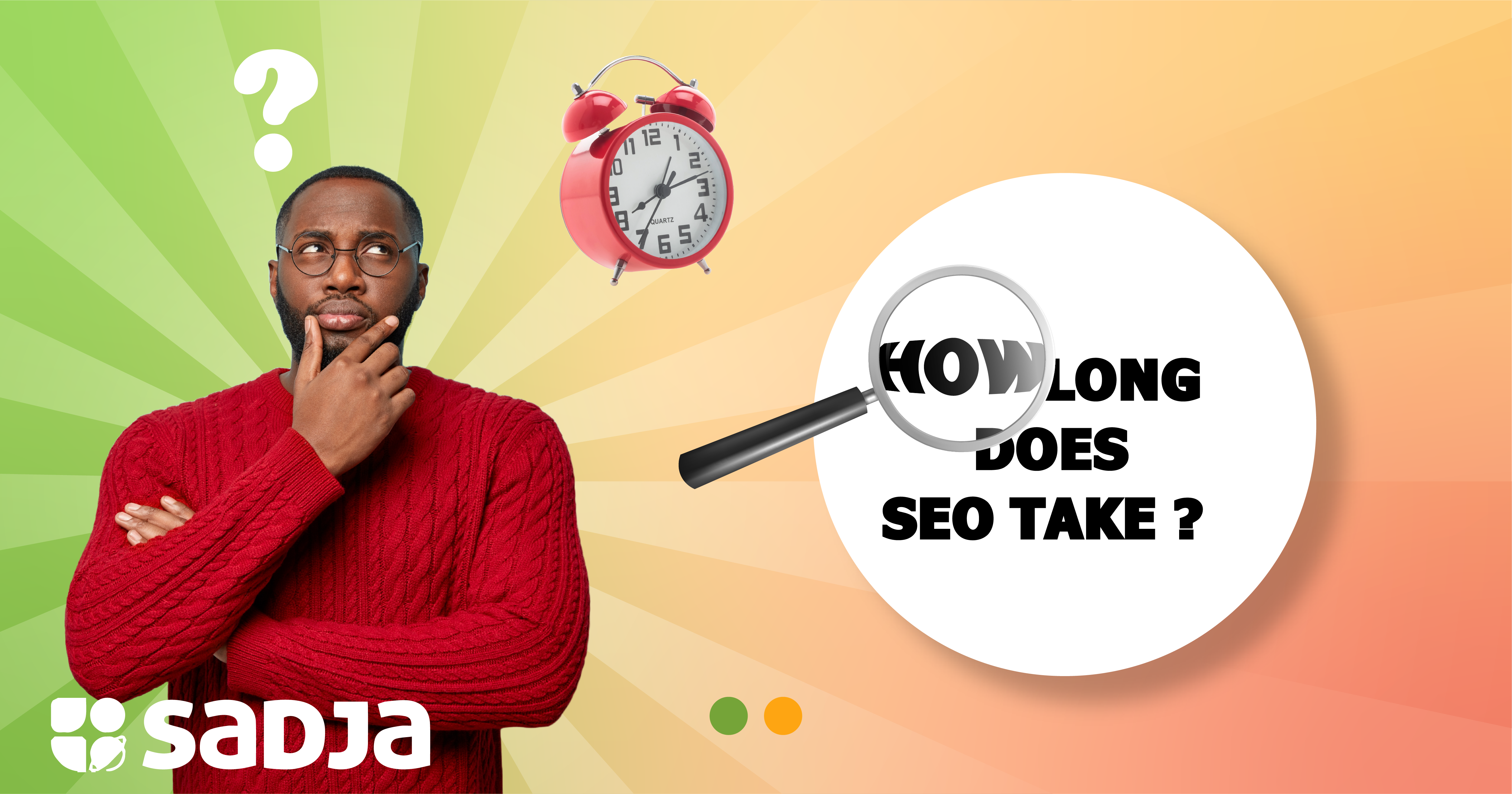Strategies for Effective Lead Generation
Inbound Marketing: Attracting Leads through Value
 Content Creation: Craft informative and engaging content tailored to the need and interests of your target audience.
Content Creation: Craft informative and engaging content tailored to the need and interests of your target audience.
 SEO: Optimize all content with meta descriptions, relevant keywords, and tags to increase search engine rankings and visibility.
SEO: Optimize all content with meta descriptions, relevant keywords, and tags to increase search engine rankings and visibility.
 Social Media Engagement: Regularly post and interact on social platforms to build community and drive traffic to your content.
Social Media Engagement: Regularly post and interact on social platforms to build community and drive traffic to your content.
 Lead Magnets: Offer valuable resources like ebooks, whitepapers, or webinars in exchange for contact information.
Lead Magnets: Offer valuable resources like ebooks, whitepapers, or webinars in exchange for contact information.
Outbound Marketing: Proactively Reaching Out to Potential Leads
 Email Campaigns: Send targeted, personalized email sequences to prospects who have shown interest in similar products or services.
Email Campaigns: Send targeted, personalized email sequences to prospects who have shown interest in similar products or services.
 Cold Outreach: Utilize well-researched cold calling or emailing strategies to introduce your offerings to new audiences.
Cold Outreach: Utilize well-researched cold calling or emailing strategies to introduce your offerings to new audiences.
 Event Marketing: Participate in or host webinars, workshops, or conferences to network and generate leads.
Event Marketing: Participate in or host webinars, workshops, or conferences to network and generate leads.
 Paid Advertising: Invest in PPC campaigns, display ads, or sponsored content to reach a broader audience.
Paid Advertising: Invest in PPC campaigns, display ads, or sponsored content to reach a broader audience.
Content Marketing: Building Trust and Authority
 Blog Posts: Share insights, tips, and industry news to establish thought leadership and attract organic traffic.
Blog Posts: Share insights, tips, and industry news to establish thought leadership and attract organic traffic.
 Case Studies: Highlight success stories and testimonials to build credibility and showcase the value of your offerings.
Case Studies: Highlight success stories and testimonials to build credibility and showcase the value of your offerings.
 Interactive Content: Create quizzes, surveys, or calculators to engage users and collect data for lead profiling.
Interactive Content: Create quizzes, surveys, or calculators to engage users and collect data for lead profiling.
 Video Marketing: Leverage the power of video to demonstrate products, explain complex concepts, or share customer stories.
Video Marketing: Leverage the power of video to demonstrate products, explain complex concepts, or share customer stories.
Social Media Strategies: Engaging with Your Audience
 Platform-Specific Content: Tailor your content strategy for each social media platform to maximize engagement.
Platform-Specific Content: Tailor your content strategy for each social media platform to maximize engagement.
 Community Management: Foster community by actively managing and participating in relevant social groups or forums.
Community Management: Foster community by actively managing and participating in relevant social groups or forums.
 Influencer Partnerships: Collaborate with influencers to tap into their follower base and gain credibility.
Influencer Partnerships: Collaborate with influencers to tap into their follower base and gain credibility.
 Social Listening: Monitor social conversations about your brand or industry to find and engage with potential leads.
Social Listening: Monitor social conversations about your brand or industry to find and engage with potential leads.
SEO and SEM: Maximizing Online Presence
 Keyword Optimization: Conduct comprehensive keyword research to identify terms your audience is searching for and optimize your content accordingly.
Keyword Optimization: Conduct comprehensive keyword research to identify terms your audience is searching for and optimize your content accordingly.
 On-Page SEO: Ensure all website elements, including site speed, mobile friendliness, and internal linking, are optimized for search engines.
On-Page SEO: Ensure all website elements, including site speed, mobile friendliness, and internal linking, are optimized for search engines.
 Link Building: Acquire high-quality backlinks from reputable sources to boost your site’s authority and search ranking.
Link Building: Acquire high-quality backlinks from reputable sources to boost your site’s authority and search ranking.
 SEM Campaigns: Create targeted ad campaigns using Google Ads or Bing Ads to appear in search results for specific queries.
SEM Campaigns: Create targeted ad campaigns using Google Ads or Bing Ads to appear in search results for specific queries.
 +256 206 300885
+256 206 300885


